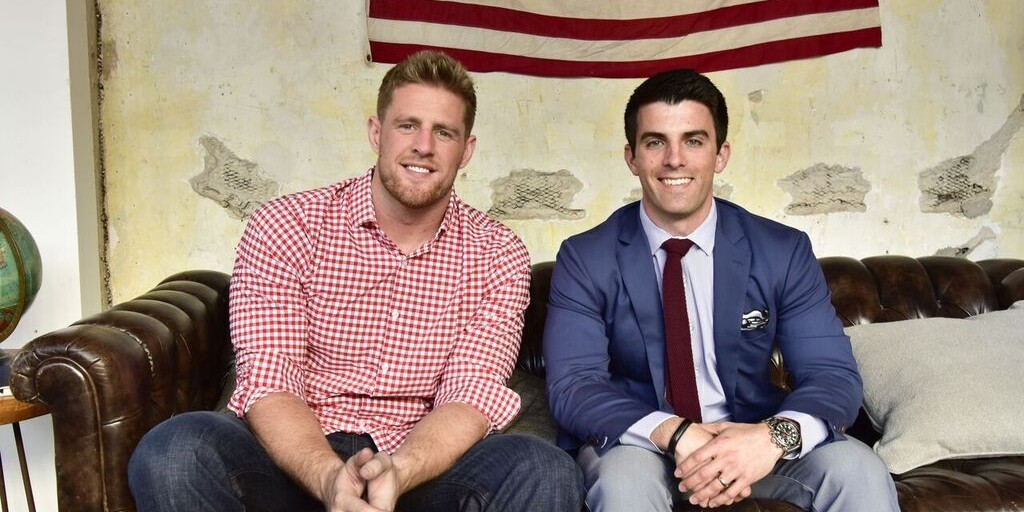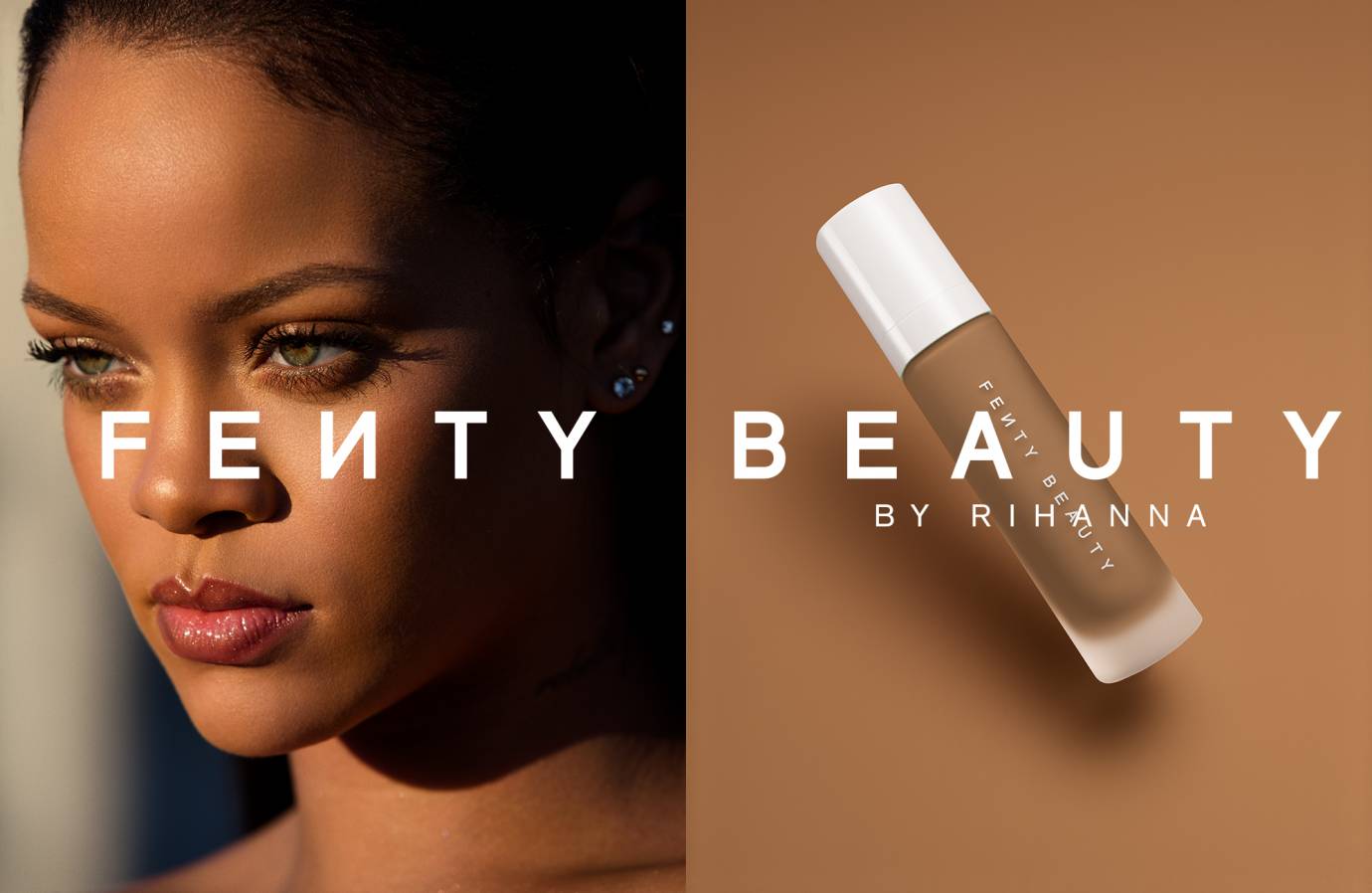We don’t discount because American shoppers have an addiction to cheap junk we don’t need.
I refuse to play this game, this race to the bottom. It’s been almost five years since I launched Mizzen+Main with the goal of becoming the next great American brand. I get asked a lot of questions about starting a company, about bringing performance fabrics to the world of traditional menswear, and why we’ve chosen to keep our product American made. But one of the most frequent questions I get? “Hey — can I get a discount?”

There’s no shortage of reasons why people want or expect a discount. Perhaps it’s because they’re a first time buyer, or a second time buyer. Perhaps it’s because it’s Tuesday, or Columbus Day (seriously?), or the third Friday of a summer month. Maybe it’s because it’s hot outside or it’s cold outside. Or maybe it’s just that they’re not sure about a new product so require ten percent off to try it out.
The reasons are as creative as they are plentiful. To be honest, I can’t fault people for posing the question — after all, you can’t get what you want without asking for it. But my answer is always the same: “Absolutely not.”
The real reason why people want a discount, I believe, is because nearly every single company offers them. All. The. Time. American consumers (I cannot speak for international consumers) have been conditioned to expect discounts at pretty much any given time. Give us your email address? Ten percent off. First time buyer? Twenty-five percent off. It’s Tuesday? Seventy percent off! What does it say about a company’s product that they can only get people to buy it if they trick them?
Let’s be honest, that’s what nearly all companies who play the discount game — yes, it is a game — are doing. Tricking customers. They put their prices artificially higher knowing they will sell ‘x’ percent at full retail and quickly move to discount for whatever the discount-du-jour is. Oh wow — ten percent off? Sure I’ll buy!
Why do companies consistently discount?
The simple answer is because it works. Sort of. Discounting, for companies and consumers, is like a drug — a very powerful, very addictive drug. It completely alters one’s perspective and makes it almost impossible to function without it.
Most companies will use discounts to get things “moving” when they start off. (And there certainly are no shortage of websites that do nothing but compile a list of companies and their ongoing discounts.) But once a company starts discounting or listing on those sites though, it becomes virtually impossible to stop discounting further because both the consumer and the company alike become addicted to the boost (revenue for the company, savings for the consumer).
The long term damage to the brand is almost immediate. The need to manipulate their consumers doesn’t end and almost always needs to grow. Just take a look around: How many 70 percent off signs have you seen? They probably started with ten percent off for a first time buyer. But then graduated to 25 percent for an email address before jumping to 50 percent off because it’s a hot Tuesday in February. That’s a short road to an absurd 70 percent off. Clearly, a valuable product.
Most of the stuff people buy at these near-wholesale prices are poorly made imports that fall apart within one season anyway. Our addiction to cheap crap has myriad costs: from the human side of unscrupulous foreign manufacturing to the volume of waste we produce as a society throwing away junk…but hey — it was 25 percent off!
Still, there are companies that live addict-free lifestyles. They are few and far between, but there’s something really interesting about how people perceive those companies and their products. By and large, people view them as inherently better, more respectable, and, to be frank, “worth it” to spend their money there.
Consider Apple, or Lululemon, or CrossFit boxes (most of them). People understand it’s a high value, high quality product or service that is worth their hard earned dollars. The proof couldn’t be more clear:
Have you ever heard of a sale on an Apple product?
Not since the iPod era began. No, in fact, people line up for days to buy their products at full price. The “sale” rack at Lululemon is odd sizes from two seasons ago, and with rare exceptions, CrossFit box memberships are non-negotiable.
Think about restaurants who use Groupon and that favorite place of yours at which you can never get a table. Your favorite place may only go so far as a $2 off specials during happy hour Monday through Wednesday, right? The same standard and theory holds true for services and software companies.
When it comes to Mizzen+Main, I drew a line in the sand early. Believe me, it was hard to turn down the opportunity for a quick boost in sales when I was trying to build the brand from the ground up. Very hard. Those flash sale sites? Company XYZ sold 1,000 units! Think of what we could do! One thing is certain: We’d never recover and our customers would know our product wasn’t worth what we were charging.
At $125 for a dress shirt, our product is neither cheap nor in the truly expensive range of dress shirts from $190-$400. (Yes, there are dress shirts that cost $400.) We offer a high quality, proudly American made product that is unlike anything ever seen before. We’re bringing advanced performance fabrics to traditional menswear, indistinguishable in appearance to some of the most well known dress shirt companies out there. Our customers don’t have to iron or dry clean their shirts anymore (nice little cost and time savings there too), and the feedback we hear again and again is “I’m going to replace my entire closet with Mizzen+Main. Why has no one done this before?”
So no, we don’t discount, because we believe in the quality of our product, our commitment to our supply chain, and delivering the best possible customer service experience we can.
There are people who don’t ask for discounts: our incredibly loyal, repeat customers. We offer three pack pricing on shirts as a thank you to our customers who want to fill out their wardrobe with our products and occasionally come up with other packages, such as two dress shirts and a Henley, as a fun way to add new styles to customers’ closets.
Our customers appreciate knowing we’ve set a fair price, don’t play games, and deliver on our promises.
More and more, the response we are getting is an incredibly positive one towards not discounting. We’re a long way off from being that next great American brand and definitely aren’t in the leagues of Apple or Lululemon, but we’ll stick to our principles and try to set the best example we can.
—
Lean Luxe subscriber Kevin Lavelle is CEO of Dallas-based men’s performance tailoring company, Mizzen+Main. This editorial is adapted from a previous version on Medium. The views reflected here are those of the author and do not necessarily reflect the views of Lean Luxe.
Reporting Queue
-
alexandrasuhnerisenberg
-
Amanda
-
-
Jane Humber






